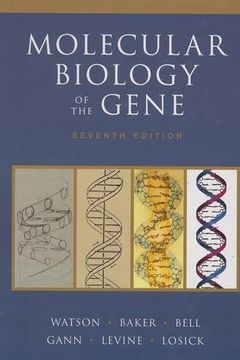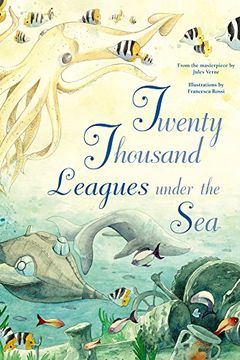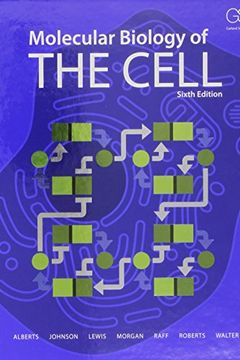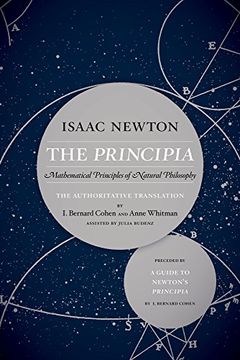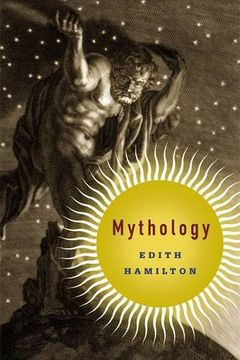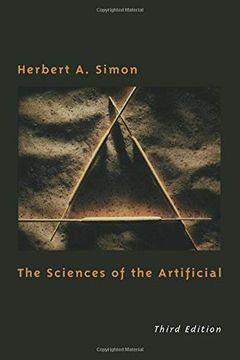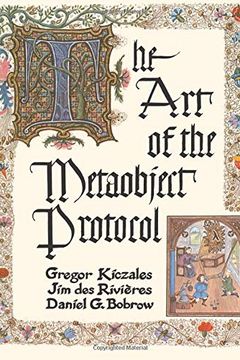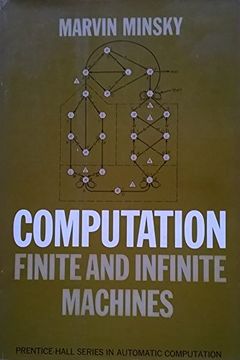Alan Kay
Recommended Books
Alan Curtis Kay is an American computer scientist. He has been elected a Fellow of the American Academy of Arts and Sciences, the National Academy of Engineering, and the Royal Society of Arts.
11 books on the list
Sort by
Latest Recommendations First
Layout
This comprehensive book provides current and authoritative coverage of the fast-changing world of molecular biology. With 22 concise chapters co-authored by six highly distinguished biologists, you'll learn about topics such as the structure of DNA, RNA, and proteins, genome structure, and mechanisms of transcription. The perfect read for those seeking to gain basic knowledge of molecular biology.
Dive deep into the mysterious world beneath the waves in this timeless sci-fi masterpiece. Join Captain Nemo on a thrilling voyage aboard the Nautilus, through brilliantly illustrated pages that bring the ocean and its creatures to life. Perfect for young readers, this retelling of Jules Verne's classic tale is a must-read for any adventure seeker.
Recommended by
Richard BransonThis comprehensive textbook distills the vast knowledge of biology into concise principles and enduring concepts. The Sixth Edition is extensively updated with the latest research in the field of cell biology and enhanced with new, clear illustrations. Each chapter poses intriguing questions on challenging areas of future research, making this book the perfect framework for teaching and learning.
Alan Kay
The Principia by Isaac Newton is a monumental work that lays out in mathematical terms the principles of time, force, and motion that have guided the development of modern physical science. This completely new translation, the first in 270 years, includes extracts from the earlier editions, corrects errors found in earlier versions, and replaces archaic English with contemporary prose and up-to-date mathematical forms. Newton's principles describe acceleration, deceleration, and inertial movement; fluid dynamics; and the motions of the earth, moon, planets, and comets. The Principia revolutionized the methods of scientific investigation and set forth the fundamental three laws of motion and the law of universal gravity, effectively ending controversy concerning the Copernican planetary system.
Alan Kay
Recommended by
Neil deGrasse TysonDiscover the timeless myths and legends that have inspired human creativity for centuries. This world-renowned classic brings to life the Greek, Roman, and Norse mythologies that are the foundation of Western culture. Follow the epic tales of gods and heroes, from the Trojan War to the wanderings of Odysseus. With references to art, literature, and popular culture, Mythology is a must-read for scholars and book lovers alike.
Alan Kay
Explore the organization of complexity and the science of design in this classic work on artificial intelligence. The updated edition features a new chapter on the current themes and tools for analyzing complexity, such as chaos, adaptive systems, and genetic algorithms. Discover how a physical symbol system has the necessary means and tools for intelligent action, and gain insights into advances in cognitive psychology and the science of design. With recommendations from experts in the field, this book is a must-read for anyone interested in artificial intelligence.
Alan Kay
Recommended by
Scott Barry Kaufman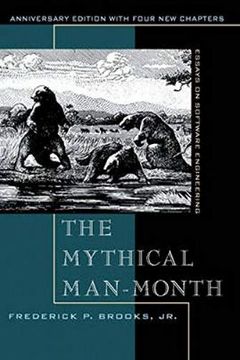
The Mythical Man-Month
Essays on Software Engineering, Anniversary Edition (2nd Edition)
A must-read for those in software project management, this influential book offers a blend of engineering facts and thought-provoking opinions from Fred Brooks, drawing from his experience on the IBM System/360 and OS/360 software system. Revisited 20 years later, the new chapters include a crisp summary of the original propositions, Brooks' current view on them, a reprint of his classic 1986 paper, and his thoughts on the assertion that "there will be no silver bullet within ten years." Discover insightful advice on managing complex projects and achieving conceptual integrity.
Alan Kay
This book introduces the CLOS metaobject protocol, an elegant and high-performance extension to the Common Lisp Object System. The authors describe its evolution and design principles and present a formal specification of a metaobject protocol for CLOS. They also show how the protocol can be applied to programming language design that meets a broad set of design criteria, allowing users to adjust the language to better suit their needs while enhancing performance. With actual code and exercises included, readers can gain hands-on experience with the design process.
This book delves into the growing influence and capabilities of computers and other machines, and how they will affect society's future. With their ability to handle control, information, and intellectual processes, it is crucial for all of us to understand their potential and limitations. While challenging to categorize and analyze, the theoretical range of these devices is enormous with subtle and elusive limitations. This thought-provoking read reveals that there are no limitations that machines share with humans.
Alan Kay
LISP 1.5 Programmer's Manual by Michael I. Levin
A Programming Language by Kenneth E. Iverson
